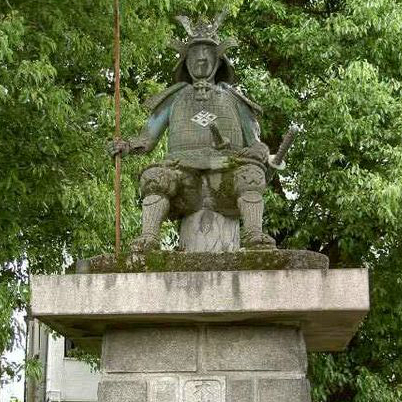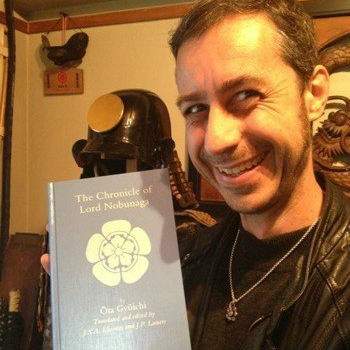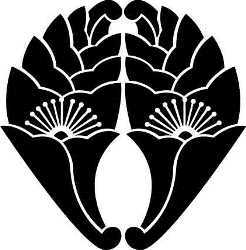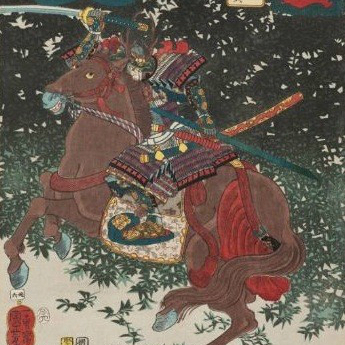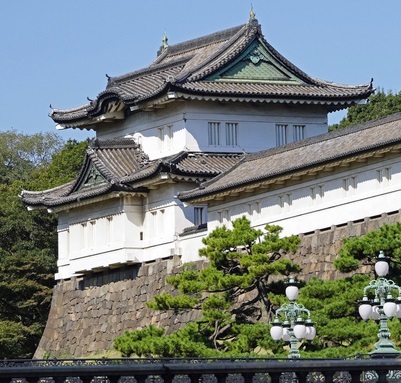死を賭して若き信長に仕えた老臣・平手政秀の生き様
第二十一回 SAMURAIファイル 平手政秀
〈以下、英訳〉
Hirate Masahide
The original meaning of the word Samurai means “To Serve”.
To be One Who Serves is not always an easy task. Hirate Masahide found his position all the more difficult due to the nature of his charge.
Hirate Masahide, also known as Kiyohide, was an able warrior, with recognised skills in Sado Tea Ceremony and Waka poetry. He served Oda Nobuhide as an advisor and as a diplomat to the Shogun and Emperor. Following Nobuhide’s death, Hirate loyally served his son, Nobunaga.
Nobunaga was an unruly youth. According to legend he was ill-mannered, untidy and impudent. He failed to take his position seriously, faults his retainers, especially Hirate desperately sought to rectify.
Nobunaga was 15 his father died. Dressed inappropriately for the funeral, he stormed into the temple and threw incense at the alter and upended the offertory table in full view of his family and retainers. Upon witnessing this rash and undisciplined conduct many thought the noble Oda clan had reached the end of their line.
On a visit to Gifu Castle to meet his prospective father-in-law, Saito Dosan, Nobunaga is said to have arrived facing backwards on his horse, eating fruit from a bag and dressed like a peasant. The samurai of Gifu were horrified, as was Dosan. The scruffily dressed Nobunaga was led into a room and left to wait for his father-in-law.
(When the lord of Gifu finally made his appearance, he was surprised to find the young man had somehow changed his clothes and was properly attired and well behaved throughout the interview.)
Nobunaga’s senior retainer Hirate Masahide, seems to have found the motives behind such behavior unfathomable. Appalled at the many disgraces his charge was performing, he put his thoughts in writing for one last time, sent them to his lord and then committed seppuku, (ritual suicide). Although moved by his loyal samurai’s devotion and sacrifice, Nobunaga remained just as erratic. In his grief, Nobunaga had the Seishu-ji, a temple in modern Naka-Ku of Nagoya built in his servant samurai’s honour.
- 1
- 2


